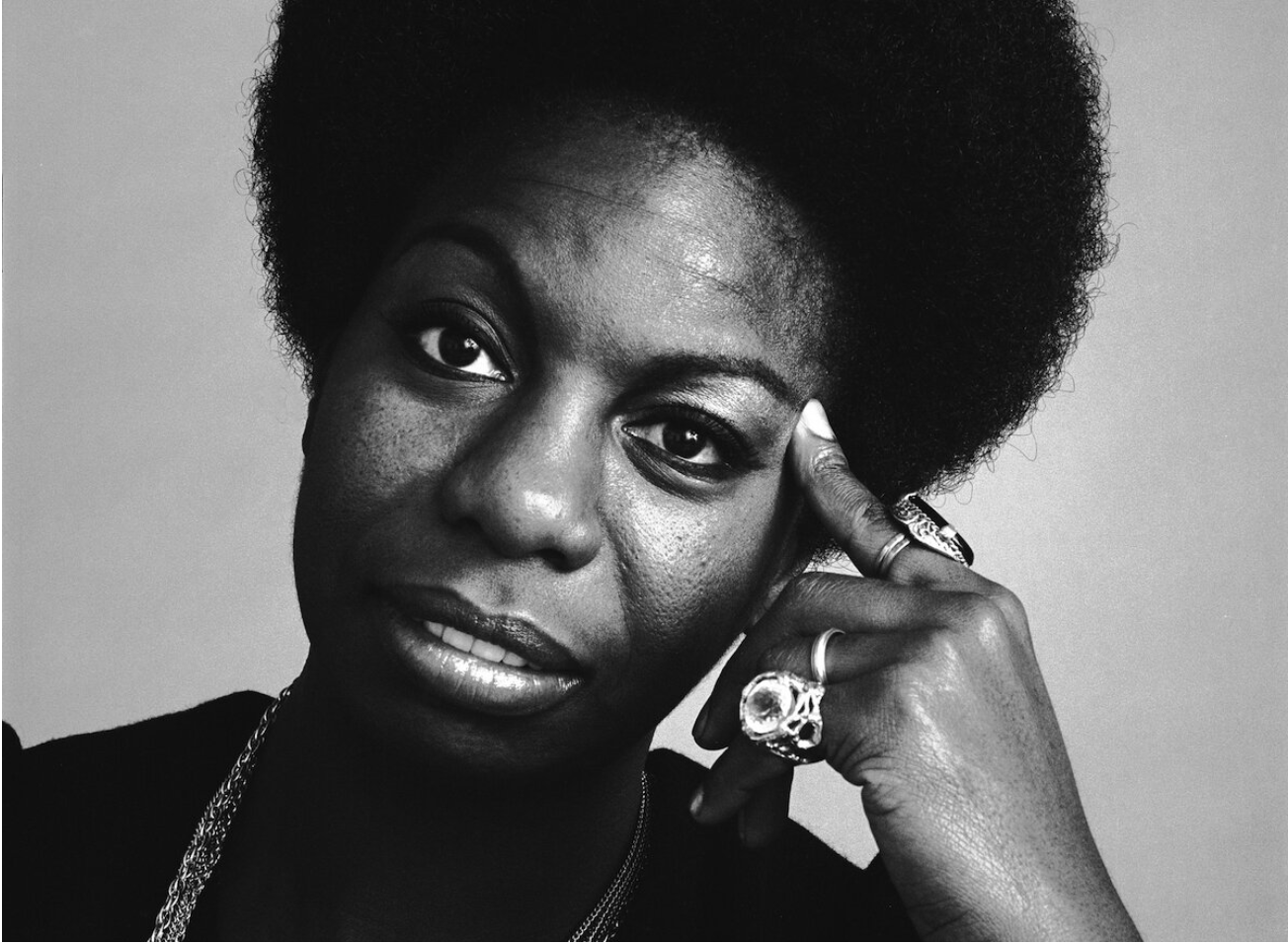Nina Simone: “I’ll Tell You What Freedom Is to Me. No Fear.”
The greatest jazz singer in the world, Nina Simone, fought hard in the ‘60s against what she denounced as a well-known injustice, racism. In interviews, she talked about her fight for freedom from the oppression she experienced as a black woman, from being unjustly denied a scholarship because she was black to being bitten by her ex-husband because she was a woman. Through the struggle, she became a legendary, worldwide Jazz icon and civil rights activist.
Nina Simone was born in 1933 in North Carolina, and as a child, she dreamed of becoming a classic pianist. At the age of 12, she performed at the local church. During her performance, her parents were asked, or rather forced, to move from the front row to the back to make room for white people. Courageous and already bold, Nina refused to play until her parents were moved back to their original seats in the front row. After her death, Nina’s daughter, Lisa, said that her mother had experienced trauma as a child : “People were telling her that her skin was too black, her lips were too big, and her nose was too wide.”
In 1950, Nina decided to move to New York City to study at Julliard where she could prepare for an audition at the internationally-renowned Curtis Institute in Philadephia. She later said that her dreams were shattered by the segregation of American society. “They refused me a scholarship at the Curtis Institute in Philadelphia [despite a well-received audition] because I was black. They didn’t give me the opportunity to start as a black classic pianist....I regret it. I’m sorry that I didn’t become the world first black classic pianist. I think I would have been happier. I’m not very happy now.” Ironically, a few days before her death, Nina received an honorific diploma from the Curtis Institute which had, 55 years earlier, unjustly denied her scholarship. When she heard about this, a few hours before she died, she smiled. This episode with the Curtis Institute marked her deeply all her life, and incited within her a rage toward injustice.
Nina was an angry and intense woman. She channelled her rage into activism, using it to fight her oppressors. In 1963, Nina sang for the very first time at Carnegie Hall. The song was “Mississippi Goddam,” which relates to the two tragedies that happened around that time: the Ku Klux Klan’s bombing of a Baptist Church in Alabama, and the brutal assassination of the activist Medgar Evers in Mississippi. It talks about America being too slow to act for equality. “You don't have to live next to me, just give me my equality...Everybody knows about Mississippi goddam, that's it.” The song was censored on many radio stations in the U.S. and marked the beginning of Nina’s activism. She began to play a major role in the Civil Rights Movement and received multiple death threats in retaliation. The white American public turned on her : T.V. programs would no longer allow her on air due to her political engagement, and she began to have trouble scheduling concerts.
As if fighting for racial equality wasn’t enough, in the ‘60s Nina met and married Andrew Stroud, an African-American police detective, who later turned out to be extremely violent. He beat her, raped her, and isolated her. He also controlled her income and spending, making her dependent on him for money. Even though beating a wife became illegal in 1920, awareness of domestic violence only began to rise in the ‘70s. Nina’s musicians saved her from Andrew, but her anger towards American society and the way African-American people, especially women, were treated increased.
In 1967, her friend the poet Langston Hughes wrote the lyrics of what would become her symbolic song, “Backlash Blues”:
“You give me second class houses
And second class schools
Do you think all colored folks
Are just second class fools?
But the world is big
Big and bright and round
And it’s full of folks like me
Who are black, yellow, beige and brown.
Mr. Backlash, Mr. Backlash
Just What do you think I got to lose
I’m gonna leave you
With the backlash blues
You’re the one will have the blues not me
Just wait and see”.
Nina’s resentment for her country grew, and she began referring to it as "The United Snakes of America. " After Martin Luther King, Jr.’s assassination, she could not stand living in the U.S. anymore, and she left the country for Liberia, and later France. She later said, “I came to expect despair every time I set foot in my own country, and I was never disappointed.” To make ends meet, Nina began singing in a Paris cafe for $300 a night, though the room was often nearly empty. Her career re-started in the ‘80s when Chanel used her song “My Baby Just Cares for Me” for its No. 5 perfume commercial.
After fighting injustice for most of her life, Nina’s last fight was against cancer, from her house in the south of France. She eventually died there in 2003. Given the events currently shaking the country, now is a good time to remember Nina Simone’s words: “I’ll tell you what Freedom is to me. No fear.”

